Family is not an important thing; it’s everything.
This saying of Michael J. Fox resonates deeply today, especially as more families navigate the growing trend of the elderly moving in with their families.
Because people live longer, more families face the crucial choice of what is best for aging parents.
A study found that more than 57 million Americans were over 65, and this number could reach as high as 82 million by 2050.
With surging healthcare costs and a growing desire to keep families in the comfort of their own homes, more households are taking in elderly relatives.
But the reality is that choosing to bring an elderly parent into your home is more than about moving; it's also about love and care and some responsibility.
For some, it is a method of repaying the parenting done to them. For others, it's a solution to manage the high costs of long-term care facilities, which range from $4,500 to $6,000 per month.
However, this transition brings its challenges.
How do you prepare your home for a senior parent?
How will this affect family dynamics?
Below, we’ve outlined some critical factors to help guide families through this important process.
1. Open Communication is Key
When you decide to have your elderly parents move in with you, communication is everything. This isn’t just about logistics; it’s about being honest with each other about needs, expectations, and boundaries.
What are your parents expecting from the move?
How do you feel about the added responsibility?
Are there any concerns about privacy or space?

Ready to manage the moving process smoothly? Follow this week-by-week moving checklist to stay organized and stress-free!
Open, honest conversations help ensure everyone's on the same page and can avoid misunderstandings.
2. Setting Clear Boundaries
Sharing a home can be wonderful but can also test your boundaries. What’s yours, and what’s theirs?
Establishing clear expectations about shared spaces, privacy, and routines will help everyone feel respected and comfortable.
How much personal space is needed for each person?
What’s the schedule for shared meals or downtime?
Are there any areas of the house that are strictly off-limits?

Establish expectations early to avoid confusion. For more helpful tips on making the transition smoother, check out this senior moving checklist.
Setting these boundaries early helps prevent friction and confusion in the long run.
3. Financial Arrangements
Money can sometimes be the elephant in the room, but it’s essential to talk about them upfront. How will you handle expenses? Will you share rent, utilities, food costs, or other expenses?
Who will pay for what?
Are there unexpected medical or care costs to consider?
Is everyone comfortable with the proposed financial arrangements?
You’ll avoid future misunderstandings and create a transparent financial system by getting it all in writing.
4. Assess Caregiving Needs
Every family situation is different, and understanding your parents’ health needs is crucial. Take the time to assess their level of independence and what kind of support they might need help with daily tasks or medical care.
Can your parents manage independently, or will they need help with cooking, cleaning, or personal care?
Are there any medical conditions that require regular attention?
Would professional caregiving support be needed?
This honest evaluation will help you decide what care is necessary and whether you can provide it.
5. Consider Home Modifications
As people age, their mobility and needs change. Is your home safe and accessible for your elderly parents? Simple modifications can make a world of difference in their comfort and safety.
Do you need to add grab bars in the bathroom?
Should you set up a bedroom on the ground floor to avoid stairs?
Is your home wheelchair accessible?

Small changes can make a big difference in your parents' comfort and safety. Learn how to estimate your move size and make sure your home is ready for the transition.
Small upgrades can make a big difference, ensuring that your parents feel comfortable and independent while staying in your home.
6. Emotional Support and Social Interaction
Living with family can be a fantastic opportunity for increased companionship, but it can also bring emotional challenges.
Make sure your parents have opportunities to stay socially connected, whether by visiting friends, joining clubs, or having family gatherings.
Are there social activities your parents can enjoy outside the home?
How can you balance family time and personal time to ensure everyone feels fulfilled?
Creating a balanced emotional support system will keep everyone happy and engaged.
7. Lifestyle Changes for You and Your Family
Don’t forget that this change will affect your whole household. The dynamics of your home will shift as you adjust to new routines, responsibilities, and schedules.
Are you and your family members ready for these changes?
Will your daily routine need adjusting?
Are your kids, spouse, or roommates comfortable with the change?
How will your privacy or family time be affected?
It’s crucial to discuss how these changes will impact your family’s life and ensure everyone is on board with the new arrangement.
8. Health Insurance and Medical Needs
Make sure you understand your parent's health insurance coverage and medical needs.
If they need specific care, ensure that their health insurance will cover it, or you may need to explore additional coverage options.
Does their insurance cover home healthcare or in-home nursing?
Are there prescriptions or medical treatments that need regular attention?
How will medical costs be handled?
Knowing what’s covered and what is not will help you avoid surprises and plan for healthcare needs.
9. Prepare for the Long-Term
Think about your parents' future needs. Moving in with you might be a temporary solution, but what happens if their health changes or they require more advanced care?
Start planning for potential future needs early on.
Will you need to look into assisted living options eventually?
How will your role as a caregiver evolve?
Do you have legal or financial documents, like a power of attorney or a living will?
Planning ensures you’re prepared for the inevitable changes of aging and caregiving.
10. Be Ready for Emotional Ups and Downs
Finally, be prepared for some emotional rollercoasters. Moving elderly parents in with you is an emotional experience for everyone involved.
Expect moments of joy, frustration, and sadness. It’s important to have a support system to lean on.
Will you need therapy or counseling to manage the emotional toll?
Can you rely on family and friends for support?
How will you manage caregiving burnout?
Having a support network and recognizing your emotional needs is essential for maintaining your well-being and helping your parents through this transition.

Moving elderly parents in can be emotional for everyone. Be prepared for the ups and downs. Learn how to manage the stress of moving and take care of yourself during this transition.
































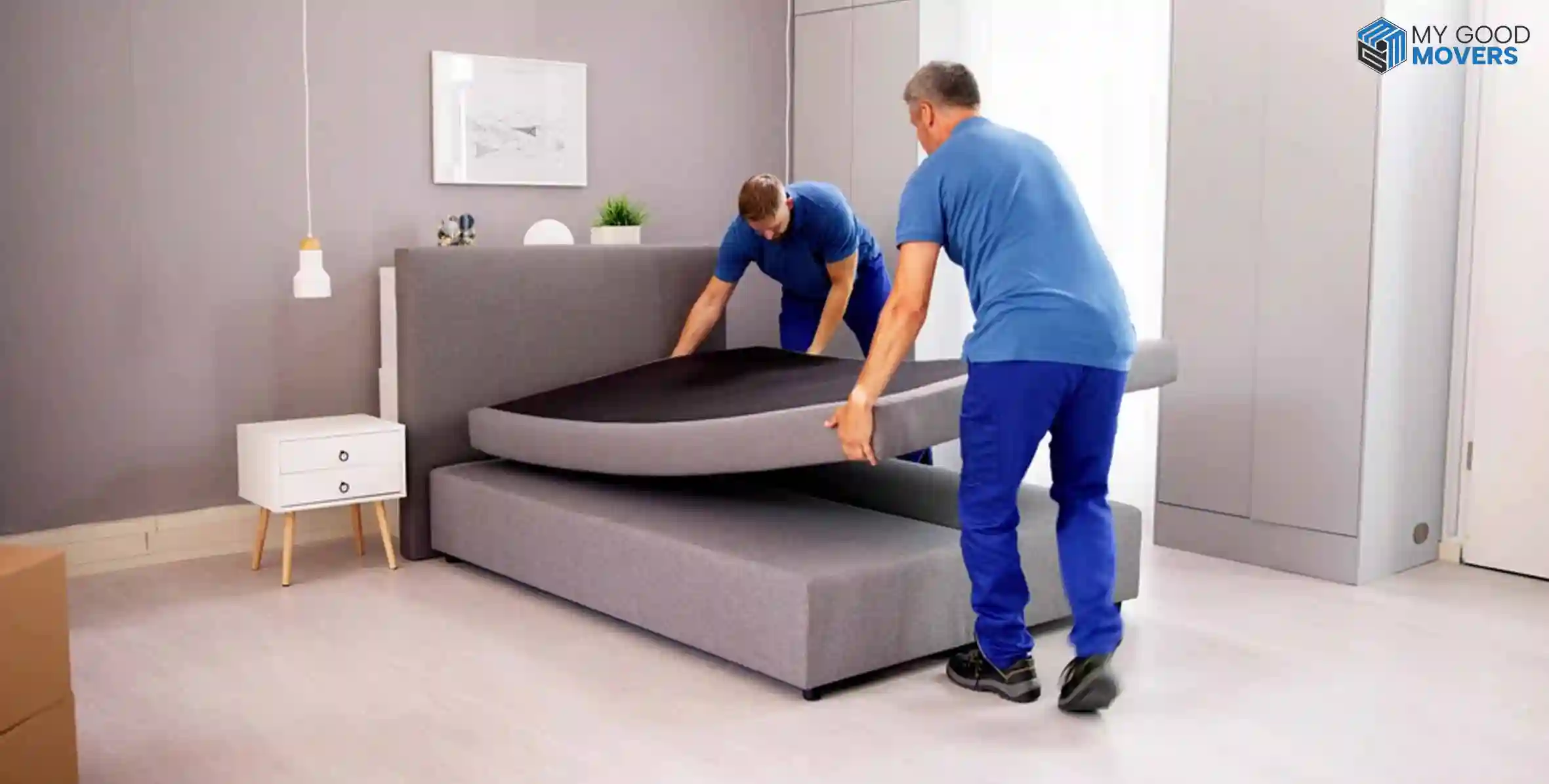























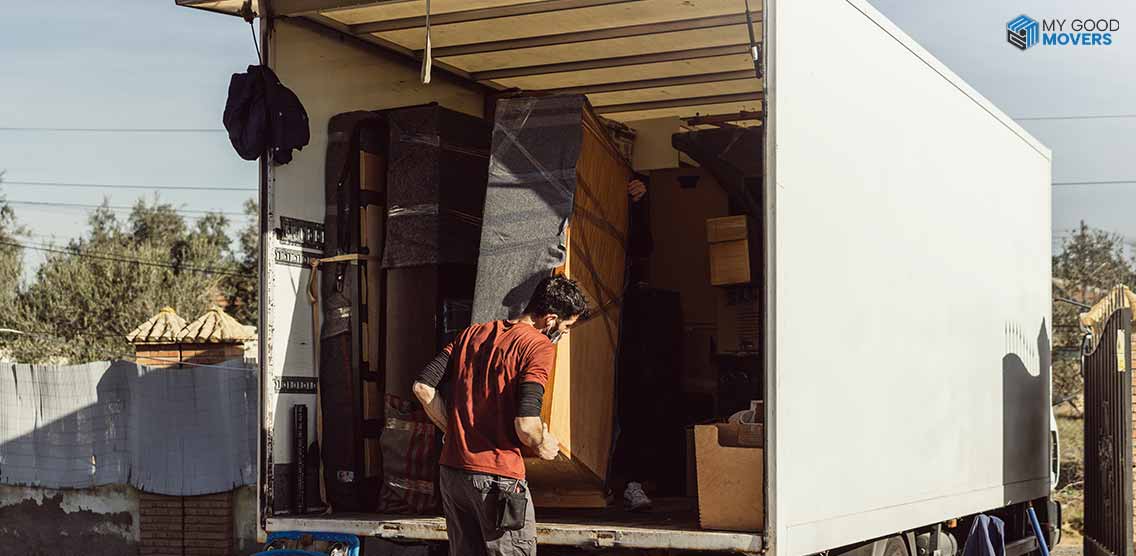



























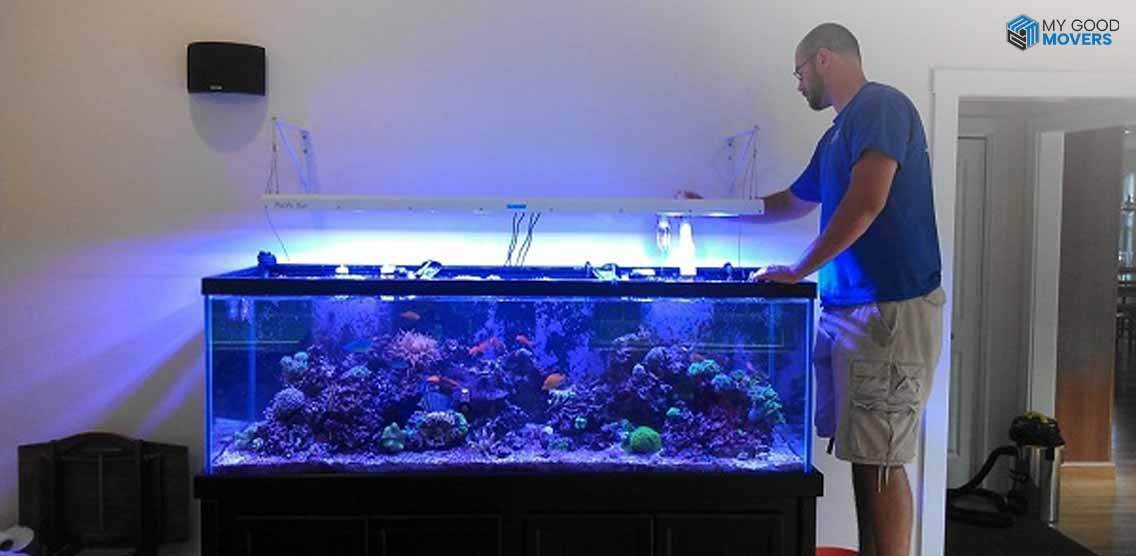
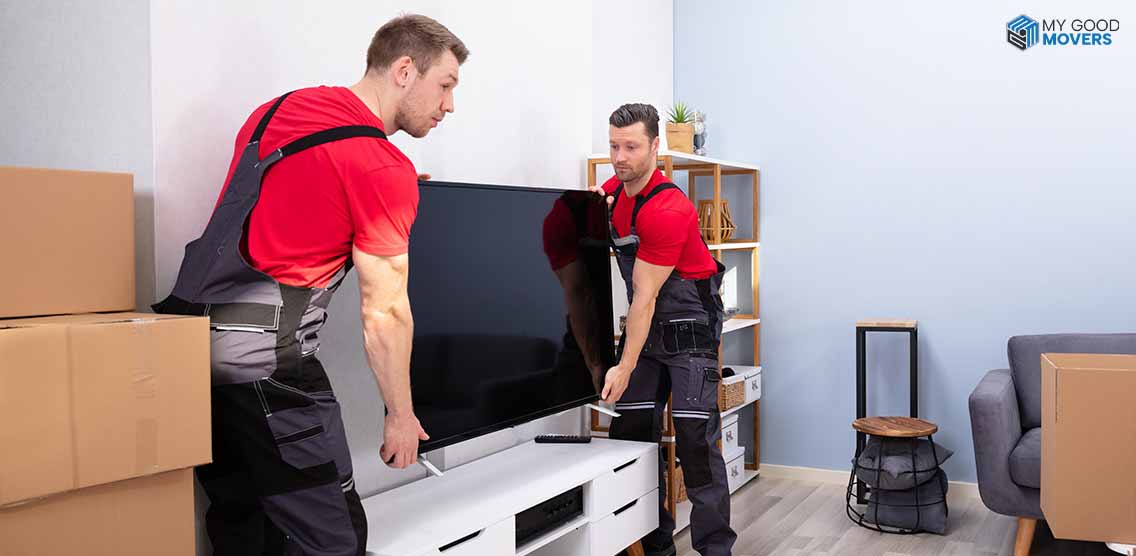










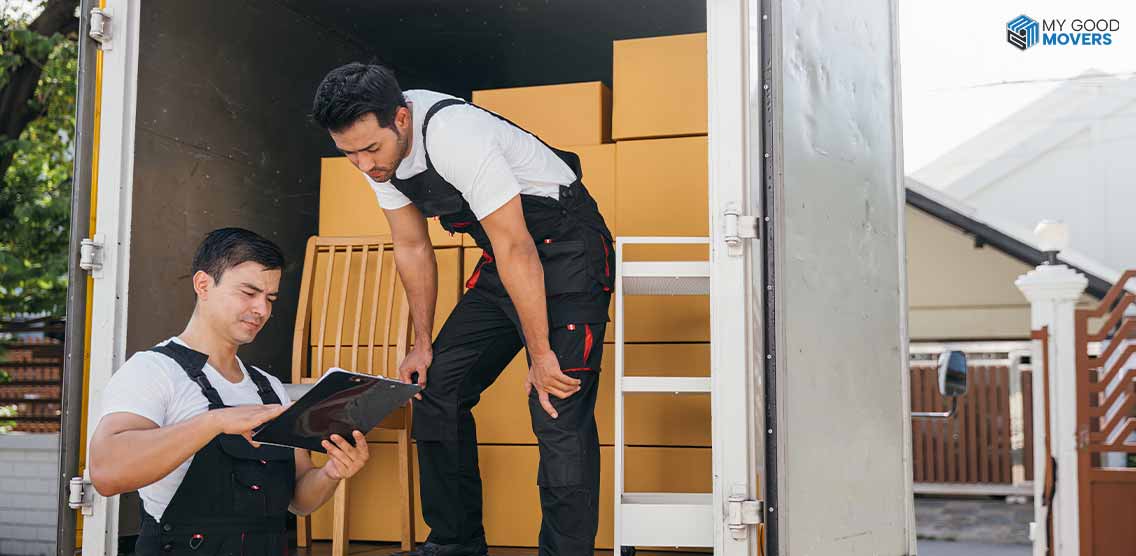

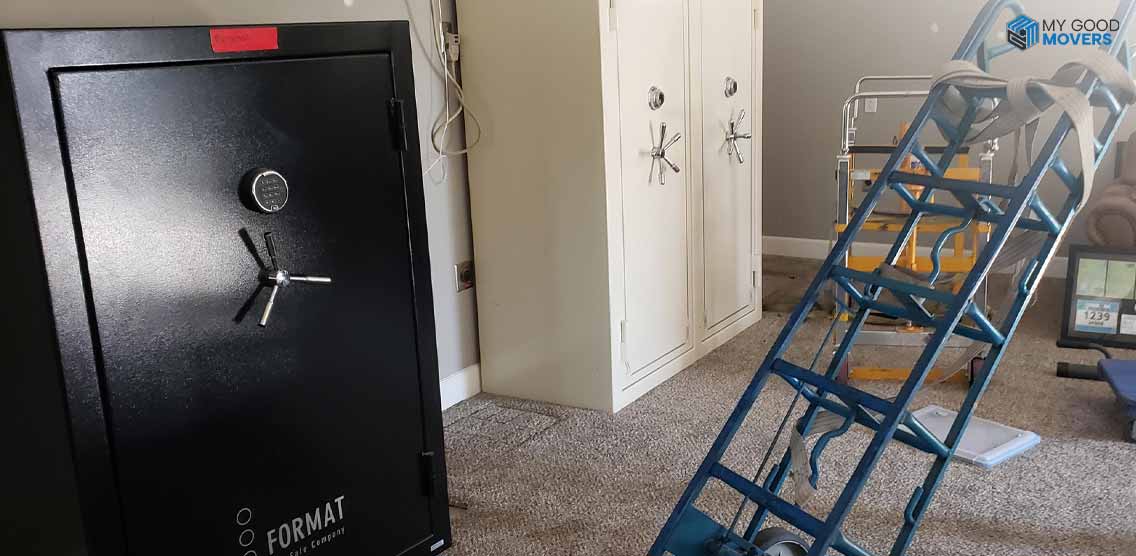













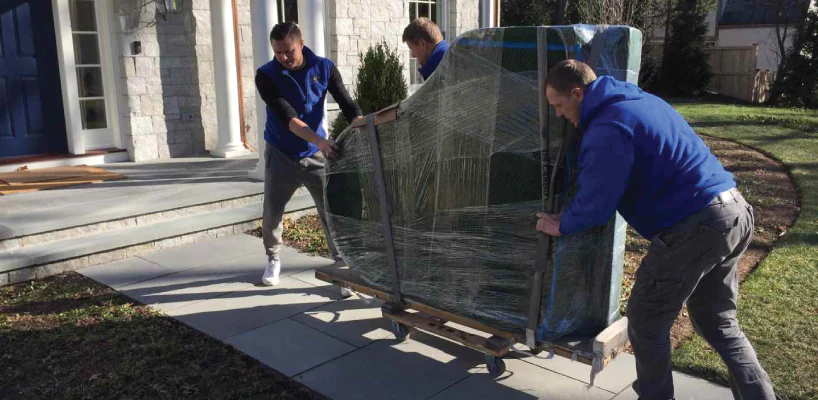




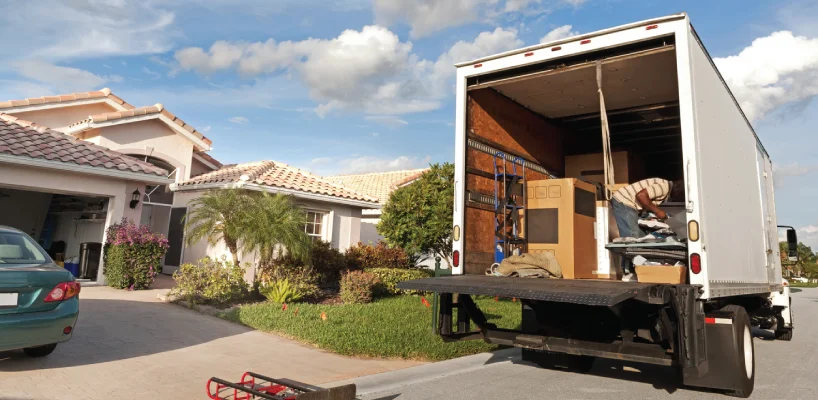




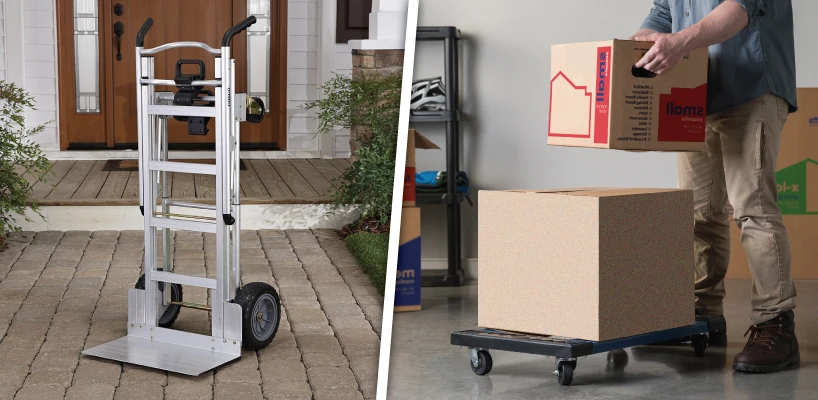
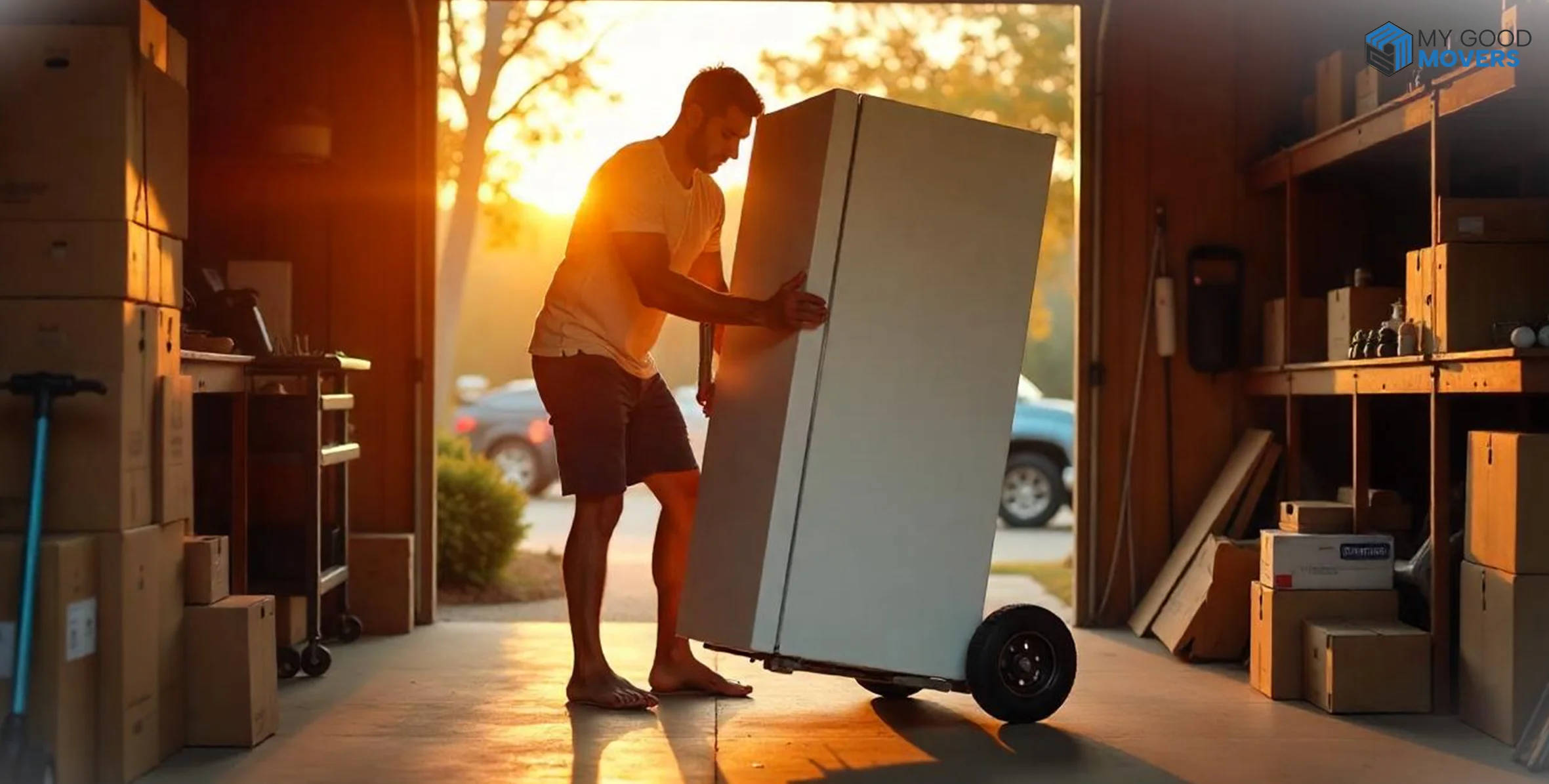



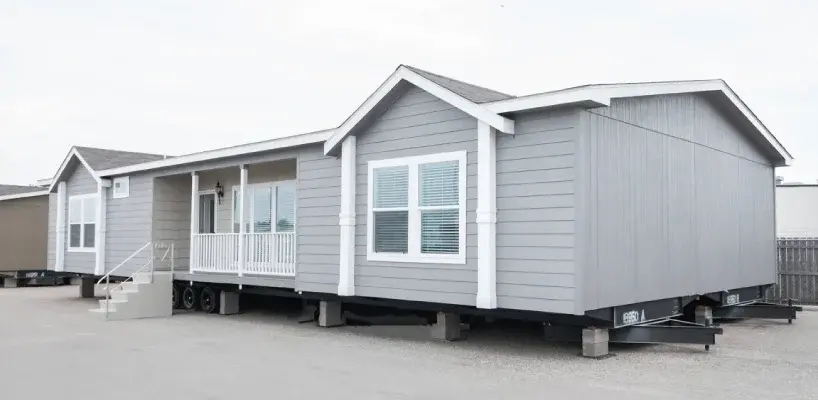


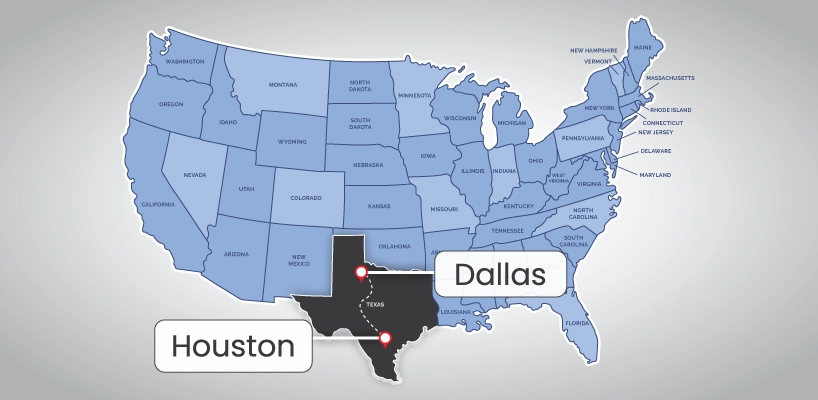


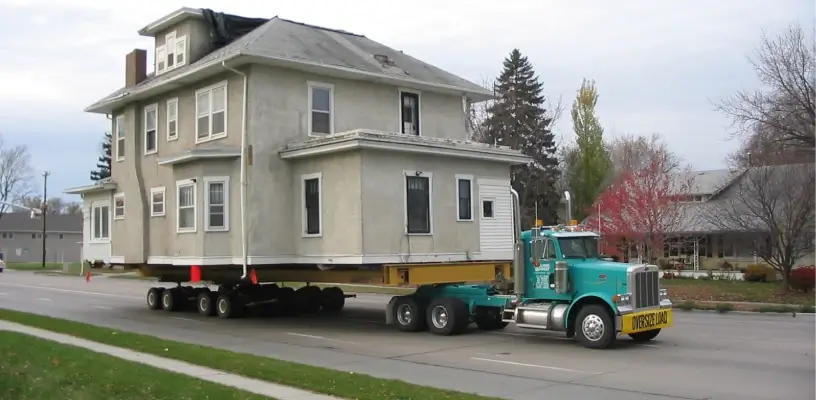
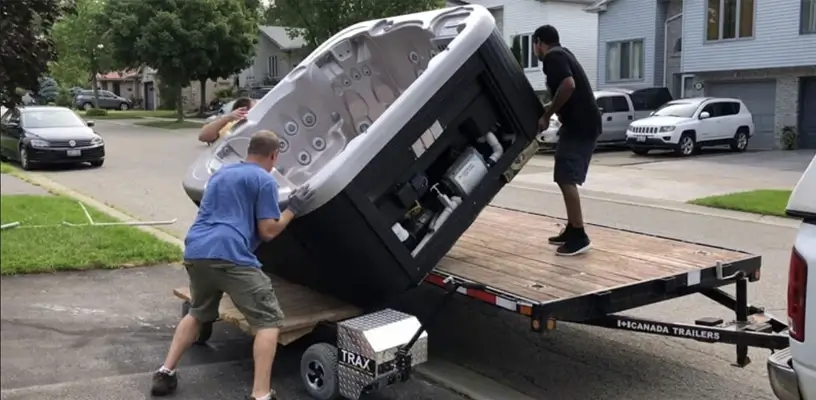




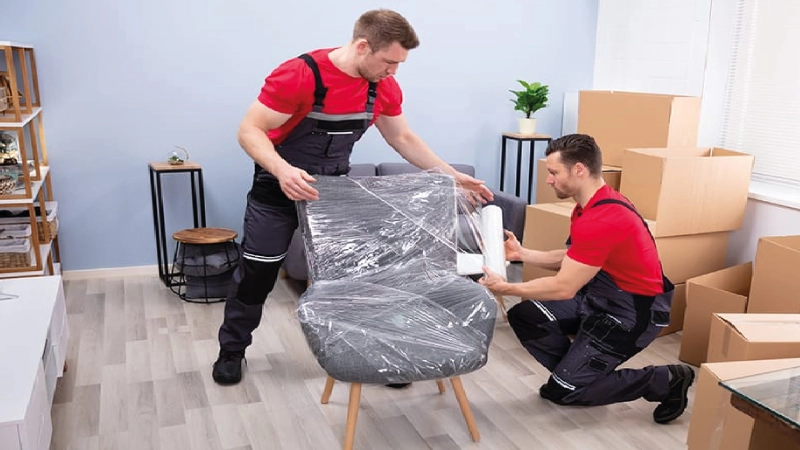

 (239) 799–6077
(239) 799–6077